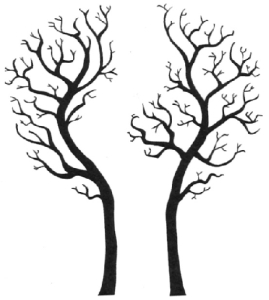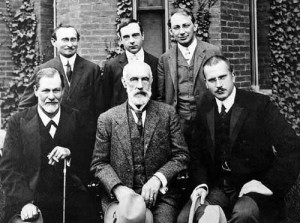Many of my clients have struggled with deep questions of meaning and purpose. Do you have room in your life to ask what it all means? Or why you are here? Do others give you a real chance to voice these questions? Does the world respond to your desire for a deep purpose in life? Does the culture somehow tell you it’s not okay to ask these questions? Do you feel isolated? Despairing? Confused?
These questions can hit you at any stage of life. Midlife definitely is one. We look back on what we’ve accomplished and not accomplished, our work, family, and relationships, and turn to the future. We may feel uncertain, as well as excited at the potential for transformation.
As we move past midlife into retirement years, profound changes that happen in relationships, work, and sometimes health can bring feelings of loss and crisis. Friends and loved ones begin to pass on, things that once seemed important don’t anymore, and life can undergo a radical reorientation.
The late teen and college years often bring up questions of meaning and purpose. How will we find our place in the world, and what will our lives mean? This time of life sometimes brings serious crisis. Our hopes for a good life and a better world can feel shaky.
The mid-20s to the early-30s can bring a quarter-life crisis. It’s a time of launching into the world, leaving the nests of home, family, and college. First jobs can be fun and stimulating, and also can be exhausting and difficult. Is this really what my life is going to be? we may ask. Deep relationships might be hard to come by, or hard to sustain.
Questioning life’s meaning and purpose is a difficult process. It benefits from a trusting relationship with a therapist who gets it—someone who doesn’t dismiss your concerns or try to fix them in five easy steps. Someone who listens and responds from a deep place.
If you’re looking for a therapist who will truly work with you on these concerns, I may be a good match for you. I will follow the threads of your questions and help the answers come in an organic process. You can learn to let the questions live in you and bring you alive in ways you couldn’t have predicted.






